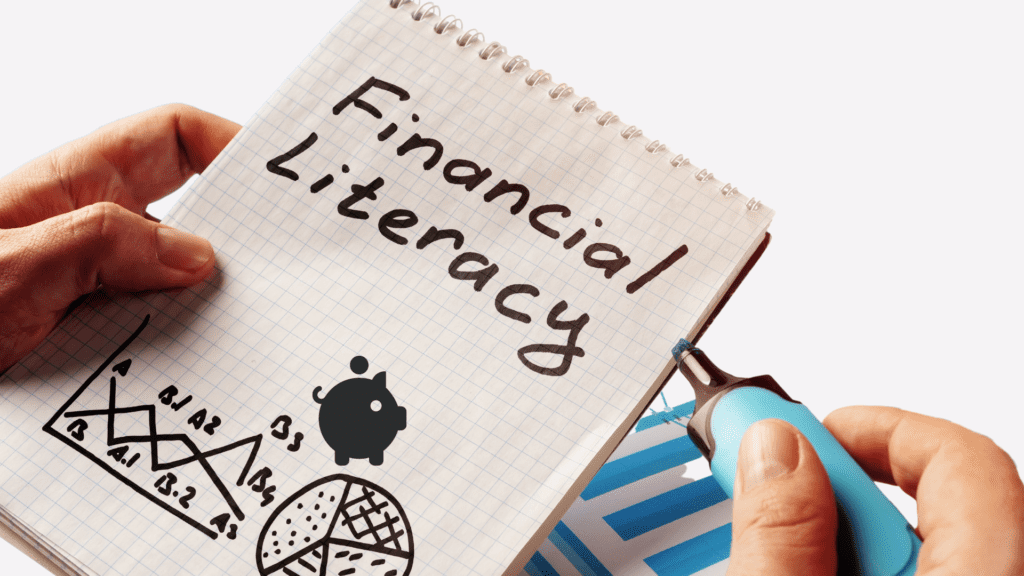Children’s first introduction to the world of finance or money management happens when parents give them pocket money. Thus, a person’s financial journey begins in childhood, not when they begin earning. Children must learn financial management early on – from the time they learn to manage their “pocket money” and spend it wisely.
Money is a necessary commodity, and it is critical to master personal money management as early as teenage years to achieve financial literacy.

Here is one example of what a teen has achieved when he diligently started saving after understanding the value of compound interest.
“I wanted to buy a car and my teacher told us about putting away $200 at age 18 and how it could grow to be a million dollars — that was a lightbulb moment. A lesson on compound interest stood out he said.”
After saving for years and investing in different plans, Preenon did buy a car and also bought his parents’ home in Plymouth, Minnesota at the age of 24.
So how do you decide what’s worth buying and what’s not? Do you often do impulse purchases? Do you wish if you would have known about money management early on? If yes, we have got you covered. In the digital era, there are various apps and online services for imparting financial wisdom and encouraging good habits. That’s important as cash declines in use, especially during the pandemic.
Read on for some pointers about financial literacy to help prepare for financial independence.
How do bank accounts work?
If you are a teen who does not yet have a bank account, talk to your parents about opening one and using it to discuss personal finances. Teens should realize that a bank account is more than just a place to keep the money. Fees for using the account are frequently charged, as is interest paid to the account holder in the case of a savings account.
What is compound interest?
Compound interest is fundamental to financial literacy. When interest is applied to money, that interest will also have interest applied to it. Money’s value can increase exponentially over time. This applies to a savings account and credit card too.
Understanding debt
Compound interest, on the other hand, is also applicable to debt. On a credit card, the compound interest added to what you owe, for example, quickly exceeds what you borrowed initially.
Credit card scores
Every time you borrow money, your credit score is affected because the lender keeps track of how well you’ve paid it back. In order to determine whether or not you’re a risk worth taking, a lender will look at your credit score.
Budgeting
Teenagers who learn to live on a limited budget can now avoid the difficult transition that comes with stepping into the outside world. Budgeting can be done by using money from allowances or summer jobs. In the absence of a source of income, ask your parents to give you an allowance for certain items, such as clothing and cell phone bills, rather than paying for them yourself.
Among many others, engaging tools and clear information are key things for millennials when it comes to financial literacy. In the pandemic, more than ever before, we are all using digital financial tools. It has its own risks — like fraud and data privacy issues. Having said that, financial literacy must include the knowledge and skills required to use these tools safely and effectively.
How ready are you to take control of your financial futures? To help you with this, check out these seven best finance books for teens.
There are various apps and online services for imparting financial wisdom and encouraging good habits in the digital era. Have a look at the apps mentioned below that offer educational videos and tools to enable teenagers to save and spend.
- Copper – “the only bank that teaches teens about money.”
- Step – “We want to make learning about money fun and interesting.”
- Greenlight – a tool to help parents manage children’s chores and pay them an allowance or give them spending money.
- Budget challenge – a program that uses simulations to teach students about bill paying, budgeting and investing.
Regardless of how you approach personal finance, discuss your financial plans or issues with your parents before making any financial decisions.
Image credit: Preenon Huq
Reference: https://www.cnbc.com/2021/04/05/giving-kids-an-early-financial-education-pays-off-in-the-future.html
